This post may contain affiliate links. Please read our disclosure policy.
So you want to make money food blogging? Here’s a few harsh realities that I learned from experience.
I periodically write posts that are designed for those who are interested in the business side of blogging. Don’t worry – a new recipe will be up shortly if that’s what you’re here for!
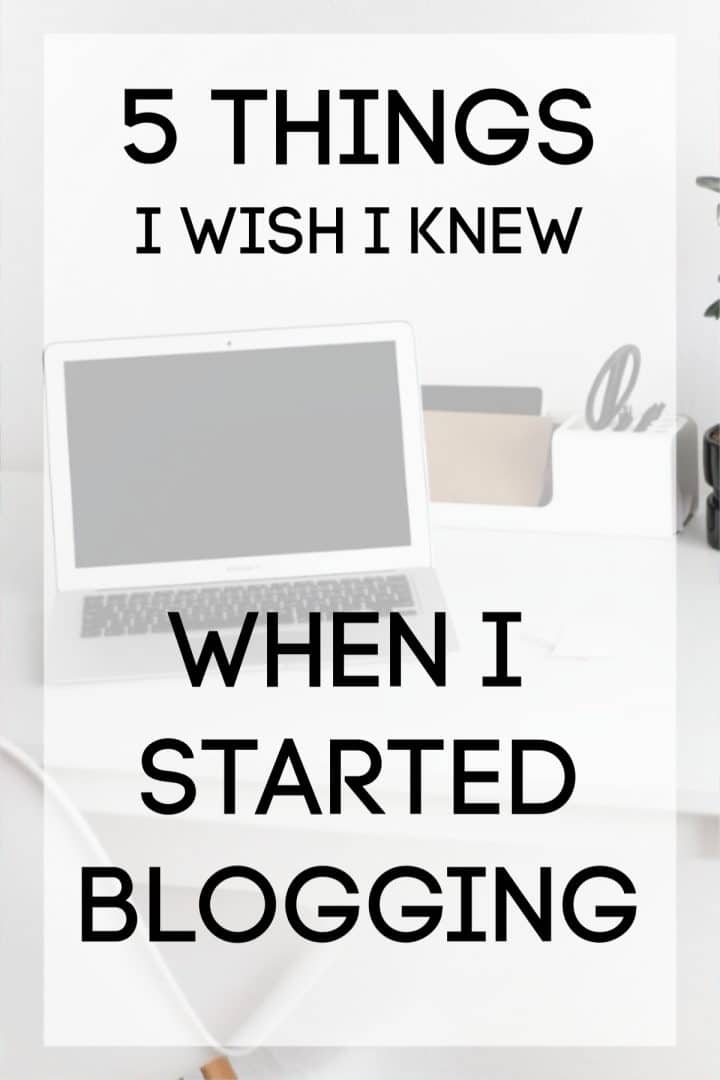
1. Stop with the get rich quick stuff.
So, you read a “successful” (success can mean so many things but for the purpose of this article I am defining this by income) blogger’s income report and you’re now super motivated that you too will be earning a lot of money soon. You start your blog and instead of focusing on creating quality content, you half-ass it and spend hours tinkering with ads. Or you wonder why brands ignore you when you’re approaching them to do sponsored posts. Or you sign up for an affiliate program and start putting those links into your blog posts haphazardly and not one person has bought anything. Been there!
Time for a reality check. My suggestion (based on personal experience) is to work your butt off until you get the minimum amount of monthly pageviews needed to apply to a managed ad network. Before then? Don’t worry about ads. The time you’ll spend positioning the ads (hint: you’ll do it wrong), the amount they will slow down your site (a lot in all likelihood), and how much you will annoy your few loyal readers is not worth the pocket change you will be making. Your time is better spent creating great content, practicing your photography, etc.
If an opportunity for a sponsored post comes along that’s a good fit for your blog/audience, then take it by all means! Now, some people will disagree with me here, but I’m a big advocate of focusing on organic growth and building a solid library of content before you invest a lot of time in pitching brands or worrying about joining sponsored post networks. The more traffic you have and the better your content is, the more you can charge to work with brands. If you’re busy doing one-off sponsored posts for free products and $50 here and there, is that really what you want? Is that really growing your business? Is your audience going to like it? I was pretty good at not doing too much of this type of stuff myself, but I definitely sold myself short on some things, and I also started pitching big brands when I was small peanuts and unsure of what I could even really offer them.
I’m not saying you need to be years in and well established to start to make money, but I would say that during your first year it’s best to focus on getting quality content on your blog, promoting the heck out of it, and growing your traffic above all else. The other things come when they’re supposed to. That was a hard thing for an impatient person like me to learn. I wasted a lot of time focusing on the wrong stuff.
It took me about three years to equal my day job’s monthly income. That’s three years of evenings and weekends spent working on the blog. Many occasions where I took one step forward and two steps back. I will say that there are some cases where people have been able to make real money blogging in year 1, but those are few and far between. To do that, you really need to know what you’re doing. I have no idea how you would do that if you’ve never blogged before and if you don’t have full-time hours to dedicate to your blog (e.g. if you’re employed or a stay-at-home parent).
2. It’s nothing personal (even if it feels like it).
Starting a blog and putting yourself out there is quite scary. I know when I first started, I was extremely sensitive to any criticism. I was brand new to photography, for example, and I had rose-colored glasses on. I thought my work was really good. This was probably a defense mechanism so I wouldn’t give up, but I would say that I caused myself a lot of unnecessary stress and heartache by taking everything personally when it didn’t go the way I hoped. Some examples:
- “Big” established bloggers didn’t share my post/video/whatever that I worked SO HARD on. It’s probably because my content either a) wasn’t good enough or b) just didn’t fit in with their site/Facebook audience/whatever. Or maybe they only share with similar sized bloggers because they worked their butts off to get where they are now. What exactly did I have to offer a blogger with a massive audience that started WAAAAY before me? Just being me wasn’t good enough. Duh. This is the business world we’re talking about. Nothing personal.
- A blogger didn’t visit/comment on my blog even when I left a heartfelt comment on their post. Why don’t they care? Well… they have their own busy lives and blogger friends and they’re running a blogging business. They also probably have 10 new bloggers a day leaving comments on their site. 8/10 of these bloggers will quit within the next 6 months. I just made that stat up, but you get the idea. Same goes for them not following you back on Instagram or wherever. You’re simply not on their radar. To get on their radar one day, you have to do more than simply exist. To be fair, some big bloggers DID give me the time of day when I was very new and stumbling my way around the blogosphere, but it’s simply a waste of time so get upset if someone does ignore you. It’s not because they don’t like you. Don’t take it personally.
- I didn’t get a response to an email I sent trying to get on a Pinterest group board that had tons of followers. As the owner of a few group boards myself, I understand how annoying constant requests can be, especially when I put a note that the board is closed to new contributors. As much as I admire perseverance, it grinds my gears when people flat-out ignore a simple request. If you content isn’t that great (yet), the blogger doesn’t want their board flooded with sub-par pins. Maybe they have enough quality bloggers on that board already. Sounds harsh and personal, but it’s really not. Move on. Improve your content instead of worrying about this.
- I got rejected by FoodGawker (or whatever food photo submission site(s) I submitted to). My first rejection felt like a punch in the gut. I felt judged and like they were WRONG. My photo was good, dammit! This was a personal attack! No. First off, it’s all subjective. Maybe the person just didn’t like that particular photo or they prefer a certain look or hate a particular angle. Or they got into a fight with their spouse on the way to work and were just grumpy. If you had submitted it the day before, it may have been approved by someone else. It doesn’t mean you’re the worst photographer ever and your recipes suck and your blog sucks and you should give up. Relax. Again, it’s nothing personal.
I’ve had all these things (and similar or worse) happen to me at one time or another. Looking back, I wish I had the perspective that I do today. You win some, you lose some, and taking things personally will not get you anywhere. Your effort is better spent on creating new content, practicing photography, etc.
3. You don’t know best.
Bloggers who run profitable blogs do certain things for a reason. I thought I knew it all. I saw these bloggers do things, and instead of being smart and doing similar (or at least realizing that hey, just maaaybe they were onto something), I would do the opposite or ignore what they were doing. I can do better, right? No.
I am making a case for not reinventing the wheel. For example, I observed that a lot of the big bloggers had pretty long posts with lots of photos. I decided to do super short posts and put 1-2 photos (you can look back on some on my earlier posts and see this).
Short posts aren’t necessarily a bad thing, but in the world of blogging, ad revenue is how most bloggers make the bulk of their income. More text + more photos = more scrolling = more ads display = more money. Short posts don’t really give you a fighting chance, especially when that content doesn’t contain much info to tell Google what the heck that page is about. It’s also not particularly useful for the reader (especially if they can’t even find it!).
I don’t know about you, but after many months of blogging (and getting nowhere) plus working a full-time office job, I decided to get smarter. I started to really pay attention to what the successful people were doing.
Everything I do has great user experience in mind because I want people to keep coming back, so I try to create a balance. I don’t like excessively long posts filled with a ridiculous number of photos of the same thing, but my posts are long enough that they tell the user and Google what the recipe is about while not selling myself short on income. Between developing recipe ideas, buying ingredients, testing the recipe (often more than once), photographing it (often more than once), editing photos, writing the post up, promoting it, yadda yadda, that’s more than a full day’s work. I’d be crazy not to optimize it so I can actually make money for all this hard work.
4. You need to give people what they want.
This probably sounds fairly obvious, but there is so much contradictory advice out there that it can be seriously confusing. On one had, we’re told to be unique and different and people will like that. Just be YOURSELF. When I was first getting into SEO (search engine optimization), I also read over and over that a new(er) blog won’t be competitive for most keywords, so I should go after “long tail keywords”. That made me think I had to come up with super creative recipes in order to rank on Google at all. That logic was somewhat flawed.
I also had a bit of a new blogger ego where I thought that if I offered up something slightly new, different, and creative, people would flock to me. No.
You don’t want to flat-out copy others, and you don’t want to title a blog post “guacamole” (like I did) and expect to outrank the big guys on Google. BUT… you also don’t want to create obscure recipes that a) probably aren’t well photographed because you’re so new to this that they won’t actually appeal to anyone anyway, even if they miraculously did stumble on it because b) there’s not a hope in heck that anyone will find your weirdly titled recipe because no one searches for that stuff.
Google is a search engine. Pinterest is becoming one. You have to be more strategic to be seen.
Are you doing this as a hobby? Then by all means be creative and post what YOU want. Want to do this as a business? You’ve got to give the people what they want. And, after a while, you’ll be surprised what you do rank for. Sometimes it takes a bit of luck, but it most certainly involves understanding what shareable content is. This took me a long time. People know what they like. Why do I have so many chicken recipes on this blog? Because it’s been proven to me over and over that people like chicken recipes. It’s not because I can’t get enough chicken. People want easy. People want fast. People won’t search for ahi tuna carpaccio with kumquat foam even if it’s the tastiest thing you have ever made. They will go to a Michelin Star restaurant if they want that kinda food. Even if it’s right there on your blog and they’re subscribed to all your updates, they probably won’t make it if it’s far out of their comfort zone.
As with any rule, there are exceptions. If you’ve built a loyal audience and you know they will like a certain type of recipe that most people won’t like, then post it (but then you’re probably a niche site, so this is the type of stuff you should be posting regularly anyway). Also, if you’re feeling creative burnout (too much chicken) and want to post something delicious and beautiful that does not include chicken so you don’t throw your laptop out the window, then you should probably do it once in a while. I sometimes post recipes that I don’t think will appeal to the masses. Sometimes I’m totally correct, and other times people surprise me, so it is a good idea to have a mix of content for your own sanity. 😉
5. Success isn’t always linear.
What is success, anyway? I’ve always primarily defined blogging success as growing my traffic and social media numbers. I haven’t always increased my traffic month-over-month, though, and that’s perfectly normal. When you’re bogged down in the day-to-day, it can feel like you’re taking a step backwards, but you have to look at the bigger picture. Seasonal trends (summer slump – people are outdoors enjoying their lives). Maybe a viral recipe died down a bit. Maybe Google or Pinterest changed their algorithms (this is out of your control).
You don’t want to be a flash in the pan. Slow, incremental growth is the best kind because it’s actually sustainable. One viral recipe is not going to keep you at a certain level of monthly pageviews for any length of time. The more recipes you have and the longer you’re around, the more success you’re likely to have. That doesn’t mean that amazing things will happen every week, but consistently putting quality content out there gives you that chance. I read a quote once that said that success is largely about just hanging on when others quit. I definitely believe that. Not everything I make will be a hit. I am not happy with every photo I take. Some weeks I’m lazy. But, overall, I am persistent. Now, four years later (the time would have passed anyway regardless of whether I was blogging or not), I’ve amassed quite the back catalog of recipes.
Blogging is more rewarding than I anticipated!
Let’s end this on a positive note. It sounds like a cliché, but I’ve learned so much (about life, about business, about cooking… etc.) in the past four years since I started this blog. I’ve made friends that I hope will be lifelong. I’ve gone from doubting myself constantly to being reassured daily that people make and like my recipes, and that in some way I am making a difference. I love interacting with my readers. I’ve learned how to brush off rudeness (well… I’m getting better at it at least) and negotiate contracts.
I’m not curing any diseases here, but if I can make someone’s day better by helping them make a delicious meal, that’s great. The food blogging community is generally very supportive, and I’m so glad that I’m a part of it.
Ready to start your blog? Here’s how!
Liked this article? You may also enjoy reading about how I balance working full-time with blogging.
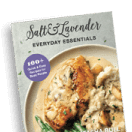



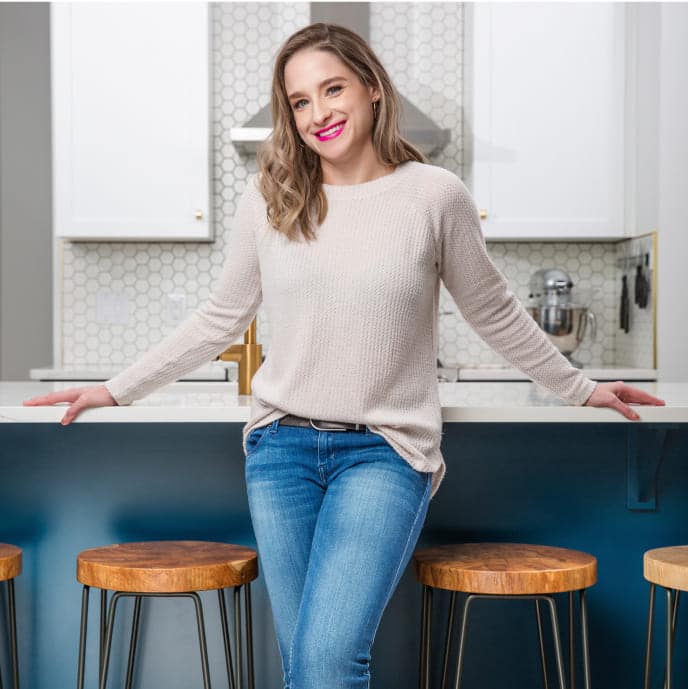
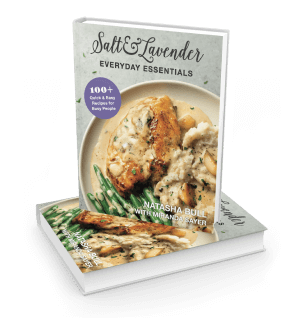




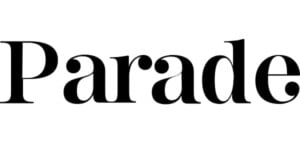

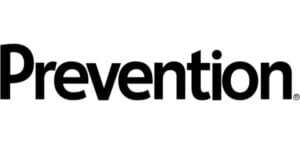
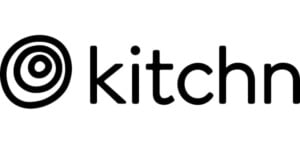

Hi Natasha! Thank you for this excellent review and tips. I started my food blog about a year and a half ago and realized that organic traffic is what I should go after for sure. It is a slow growth, and I am impatient 😏, but I trust you and other bloggers that it will eventually pay off. But the main reason I wanted to post here is about the second point in your text. I also leave comments and likes on well-established food blogs and their Instagram accounts. I sometimes get the response, but often not. I posted several comments on your Instagram posts, and you responded nicely and politely EVERY TIME. Once, you even pinned my comment to the top of the post (thank you!), which helped me become more visible 😊. This tells me that you remember your humble beginnings and appreciate new bloggers who try hard to find their voice. By the way, your recipes are great, and I love your cooking style! Best, Nena
Awww! Well I’m so glad to have helped a little, Nena! 🙂 Thank you for your kind words, and good luck with the continued growth of your blog!
Thank you for taking the time to write about this. I’m in the beginning stages (first step actually) of creating a food blog and no idea where to begin. Your kind, confident voice has been very reassuring and motivated me to believe in myself to pursue my passion. I also have to say I love your recipes. Great photos and straightforward directions! Keep up the good work.
I’m thrilled to hear you found it helpful, Samantha!! 🙂 Good luck on your blogging journey.
Hello! I learned about you from the Foodtography school and that’s how I started to follow you and your blog. Thank you for this article as it is very helpful. Please put out more this kinda blogging content if you have time because it is so inspiring especially for people like me who wants to start their blog too. Thank you.
P.S. I love Canada and my husband is from Montreal but we live in Texas. I have only been to Toronto, Ottawa and Montreal. Canada is way beautiful 🤩
Hi Janice!! I’m so glad you found me, and thank you for your sweet comment. 🙂 I’ll definitely consider writing more of these types of posts as I know they are useful for some readers. I’ve been to Houston (briefly) and always wanted to visit Dallas in particular. You definitely need to visit western Canada!
Great article! All around helpful!
Thank you!
Natasha, thanks for spending the time to share this post. It was helpful and honest. Blogging is hard and it requires dedication. I can relate, I am a New Blogger. BTW, I love your recipes I try them out all the time. Thanks and have a happy and prosperous New Year.
You’re welcome!! I’m glad you found it helpful. 🙂 Yup… I’ve spent more time working on this business than any job I’ve ever had in my life haha.
Aside from the delicious uncomplicated recipes and the great photography, the reason I consult your blog more than others is because you strike that balance between solid informative useful content, and ad content. There are literally hundreds of blogs I will not bother with because they go way to far with the personal stories and and anecdotes and pictures. I would like to be able to be able to get to a recipe without scrolling for 10 minutes. I think if someone wants to tell stories, well than that’s a different kind of blog they should be doing. And most people aren’t that interesting or that good of a writer to make it worth my reading when what I really want to do is get to cooking some delicious food. That being said, you smatter in just enough personal relevant stuff to give your blog a distinct personality without bogging us down about your life. You are really great at what you do. I love cooking and photography and the way you do what you do really speaks to me. I also very much appreciate the real world blogging tips. I
Thanks, Kiki! That is exactly the balance I strive for. Thanks for reading, and I really appreciate your comment! 🙂